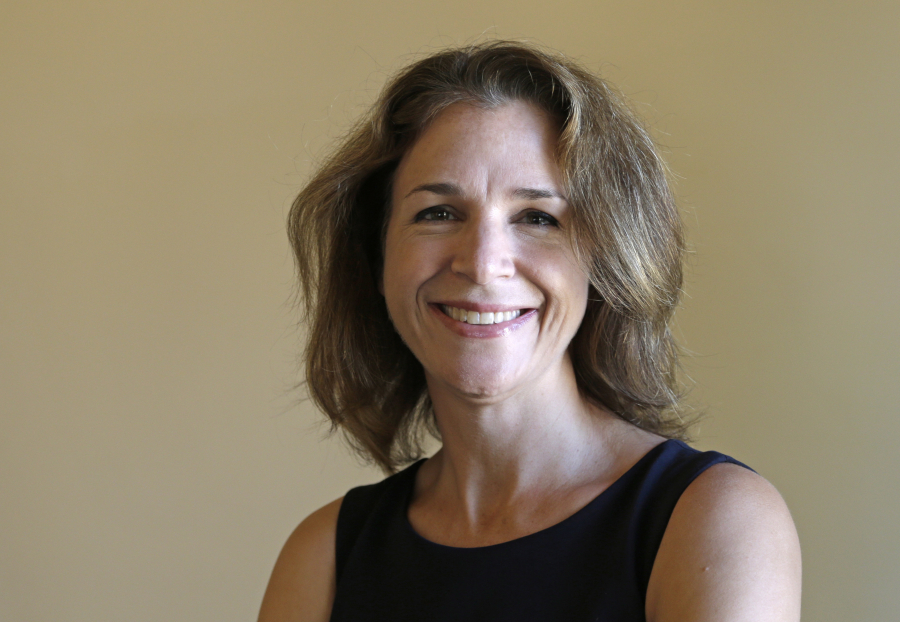SEATTLE — Trees are slowly — and belatedly, many would argue — gaining public recognition for their ability to store carbon pollution, sustain healthy communities and mitigate climate change. But the state says it needs more funding to seed and plant trees, and to support the communities that help them grow.
Wednesday morning, on the sidelines of an urban forestry conference in downtown Seattle, Public Lands Commissioner Hilary Franz announced her plan to seek $15.8 million in additional funding during the next state legislative session.
Details are forthcoming, but $8 million of that money would boost the Washington State Department of Natural Resources’ urban forestry program, improve support for local community organizations involved in forestry work, fund a Tree Equity Score Map and establish a youth conservation corps to encourage young people to become involved. The remaining $7.8 million would be used to improve and expand the state’s Webster Forest Nursery, which produces 9 million seedlings a year, amid an ongoing seed shortage.
In 2022, the state urban forestry program’s budget for grants was half a million dollars, which was already a 700% increase from the previous year. The budget Franz proposed Wednesday for next year’s operations entails a dramatic raise for a program that officials argue has long been underfunded.
The budget, if approved by the state Legislature, would be drawn from President Joe Biden’s $1.5 billion infrastructure bill, which is trickling down from the federal government and making its way to the state level.
DNR manages more than 2 million acres of forested state trust lands in addition to land used for agriculture and recreation.
Franz said not only has the state lost 400,000 acres of forested land in the last 20 years, but it could also lose an additional 600,000 acres in the next two decades if steps aren’t taken to bolster conservation and reforestation.
DNR aims to reestablish 1 million acres of forest land in the next 20 years.
Climate change and environmental justice were top of mind at the conference, taking place at the Westin. The two-day forum brought together hundreds of leaders, figureheads and experts in the forestry industry (thousands more attended virtually) to discuss the pressing need to plant and protect more trees in urban areas, and how doing so would reduce carbon pollution, improve public health and help expand canopy coverage and access to green spaces in vulnerable communities.
The solutions to these problems are more important than ever, Dan Lambe, CEO of the Arbor Day Foundation, said Wednesday.
“There’s too much at stake for us to not be pushing as hard as we can,” he said on stage. “This is a watershed moment.”
This is the conference’s 15th iteration but Seattle’s first time as host.
In Washington, residents were shellshocked last year by an unprecedented heat wave dubbed the “heat dome,” during which more than a hundred lives were lost statewide and more than a thousand died throughout the region. Earlier this year, a string of wildfires west of the Cascades forced the region to confront new challenges under a changing climate.
According to a growing body of research, trees offer a host of potential health benefits to urban communities. These include on average less stress and lower chances of developing asthma, cardiovascular diseases and chronic illnesses.



